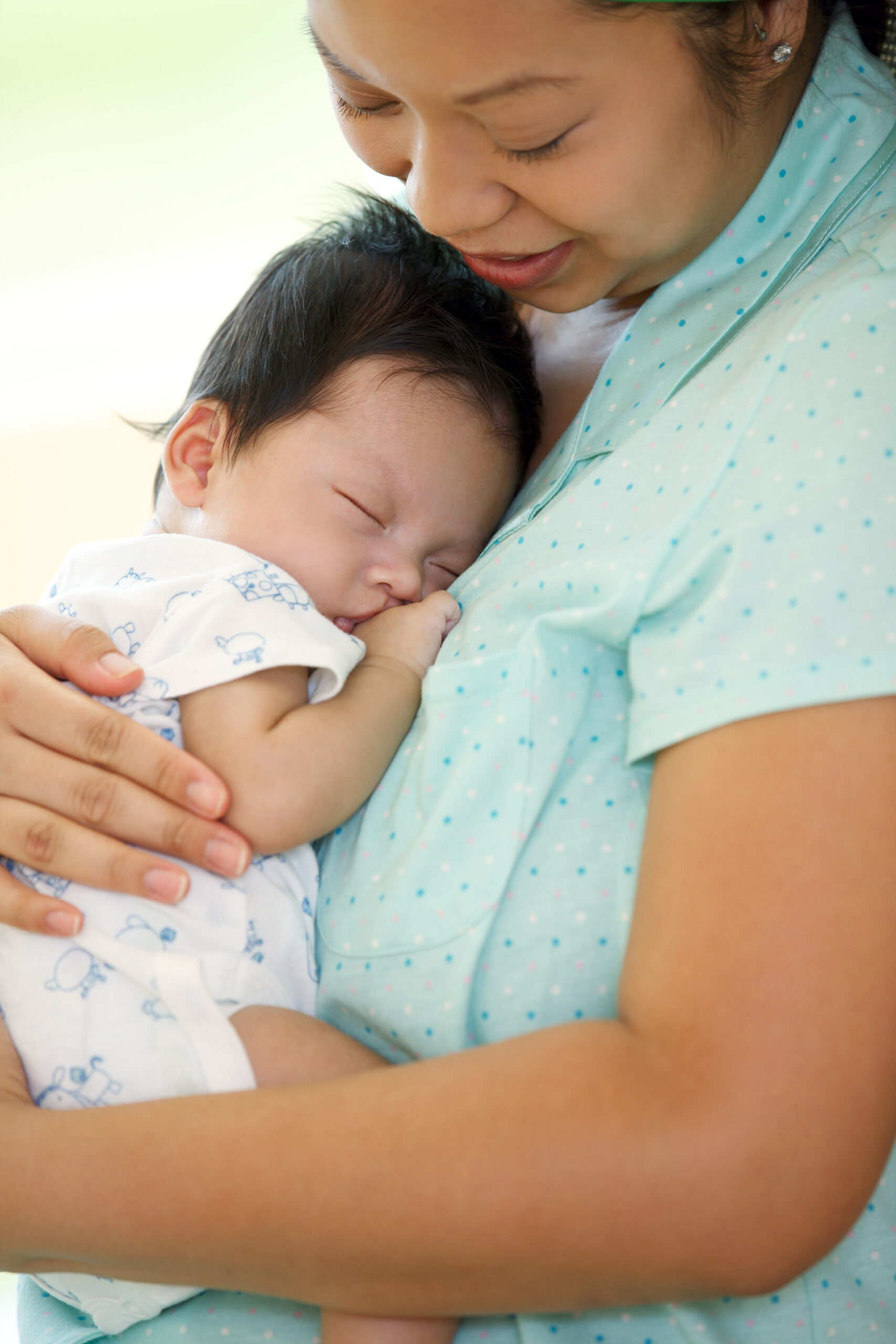When it’s your turn to get a COVID-19 vaccine, we want you to be prepared. Here are some things you can do to prepare, and what to expect when you get your shot:
How to prepare for your COVID-19 vaccination:
- Take your usual medications and eat your usual diet on the day you receive the vaccine.
- Dress appropriately by wearing clothes that will give us easy access to your upper arm.
- Bring your Kaiser Permanente member ID card and another form of identification for identity verification. Please also bring your CDC vaccination card if you are receiving your second dose of the vaccine.
- Do not arrive more than 15 minutes prior to your appointment time. If you are early, you may be asked to wait in your vehicle.
- Wear a face mask that covers your mouth and nose, and plan to maintain physical distance from others when inside the facility.
When you receive the vaccine:
- You will review a questionnaire about the COVID-19 vaccine.
- You will be scheduled for your second COVID-19 vaccine before you leave. Your second dose will be the same brand as the first; the vaccines are not interchangeable. You will be vaccinated in the same facility where you received your first vaccine. Your second dose will be scheduled 3 or 4 weeks after your first dose depending on the brand of vaccine you received. You must receive both doses to be fully immunized.
- You will receive a vaccination card. When you get your first dose, you’ll be given a card that describes the brand of vaccine. Your card will show the date for receiving the second dose of the same vaccine brand. It will also serve as proof of vaccination, so keep it in a safe place (consider taking a picture of the card as an extra safety measure).
For both doses:
- Staff will administer the vaccine in the upper arm of your choice.
- You will need to remain in a waiting area for a minimum of 15 minutes after you receive the vaccine so we can monitor you for potential allergic reactions to the vaccine.
Possible side effects
Mild-to-moderate side effects are common after COVID-19 immunization and include:
- Pain and swelling at the injection site
- Headache
- Fever
- Chills
- Fatigue
- Muscle or joint pain
Side effects may feel like flu and even affect your ability to do daily activities, but they should go away in a few days. Side effects generally start many hours to a day or so after receiving the vaccine and can last a few hours or a few days. Most of these side effects are evidence your body’s immune system is doing what it should, making antibodies and training other cells to protect you against the virus.
Expect side effects, especially after the second dose
Clinical trials have shown, and patients have reported, that side effects tend to be more common and noticeable after the second dose of the COVID-19 vaccine than the first because the second dose gives an additional boost to your immune system.
If you experience unusual side effects (not on the list above), or if your side effects are not improving four days after you received the vaccine, please contact your doctor.
Side effects should not be confused with allergic reactions. Although extremely rare, some people may experience an allergic reaction to the COVID-19 vaccine. Severe allergic reactions happen very quickly – usually within 15 minutes – of receiving the injection. If you are among the small number of people who have had an allergic reaction to a prior dose of a mRNA COVID-19 vaccine, or if you have had an allergic reaction to any of its components, we recommend you don’t get the vaccine. If you have a history of other types of allergic reactions, let us know when you get your vaccine and, in some cases, we’ll monitor you for 30 minutes instead of 15. To learn more about the COVID-19 vaccine and allergic reactions, click here.
Please continue to do your part and practice social distancing, wear a mask and wash your hands frequently to reduce the spread of coronavirus, even after you receive the COVID-19 vaccine. The CDC and local health departments will give guidance when these measures are no longer needed.



